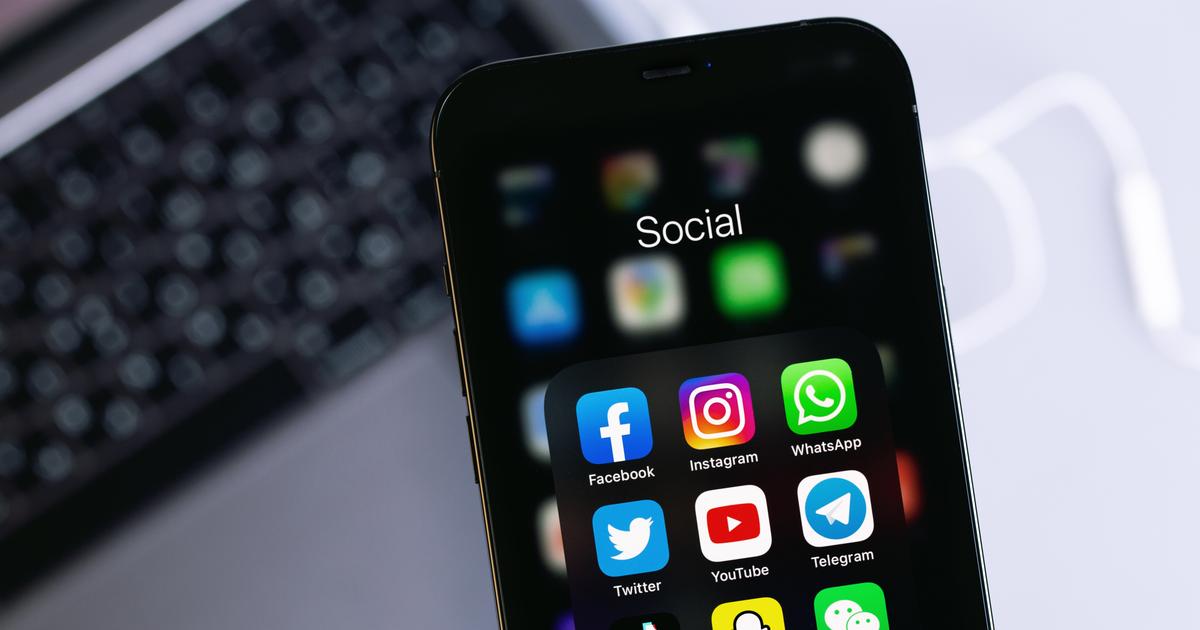
Facebook and Instagram have launched a paid subscription in Australia and New Zealand
Meta’s parent company is experimenting with subscription due to low ad revenue. prima91/stock.adobe.com
Australian subscribers have the option to request a blue badge, which is a sign of authenticity for their account.
Facebook and Instagram began launching their first week-long paid subscription service on Friday (February 24), testing users’ willingness to pay for previously free features on social media.
Faced with declining advertising revenue, parent company Meta is trialling the subscription in Australia and New Zealand before introducing it to larger markets. The service costs $11.99 (€11.30) per month for online users and $14.99 for those using the mobile apps.
Read alsoLaurent Solly (Meta): “We have entered a great cycle of technological progress with AI and Metaverse”
From Friday, Australian subscribers who present a government-issued ID will be able to apply for a blue authentication badge that will give them protection from identity theft, direct access to customer service and more visibility, according to the company.
Enhance Authenticity and Security of services
“We will gradually roll out access to Meta Verified to Facebook and Instagram and expect to achieve 100% availability within the first seven days of rollout.A Mita spokesman told AFP.This new feature aims to enhance the authenticity and security of our servicesMeta CEO Mark Zuckerberg wrote in a statement posted to Facebook and Instagram.
Crucially, the move also provides Meta with a way to derive more revenue from its 2 billion users. Experts say the growing army of creators and influencers who make a living online may be the first customer base for its paid services.
Read alsoDonald Trump is under surveillance at the Meta
Many of them complain about the difficulty of solving technical and administrative problems, which leads to delays and loss of income. Jonathan Hutchinson, Lecturer in Online Communication at the University of Sydney, noted that sort of “VIP service” Maybe “A very interesting proposal for a content creator“.
Meta often wanted to test new models, sometimes risky ones, only to give away what didn’t work, Jonathan Hutchinson noted. “This is part of a strategy to move smoothly toward a non-free model, where more and more services and features will be paid or subscription-based.He told AFP. But before the launch, ordinary users weren’t too eager to donate money to a company that was already making huge amounts of their data.

“Reader. Travel maven. Student. Passionate tv junkie. Internet ninja. Twitter advocate. Web nerd. Bacon buff.”
